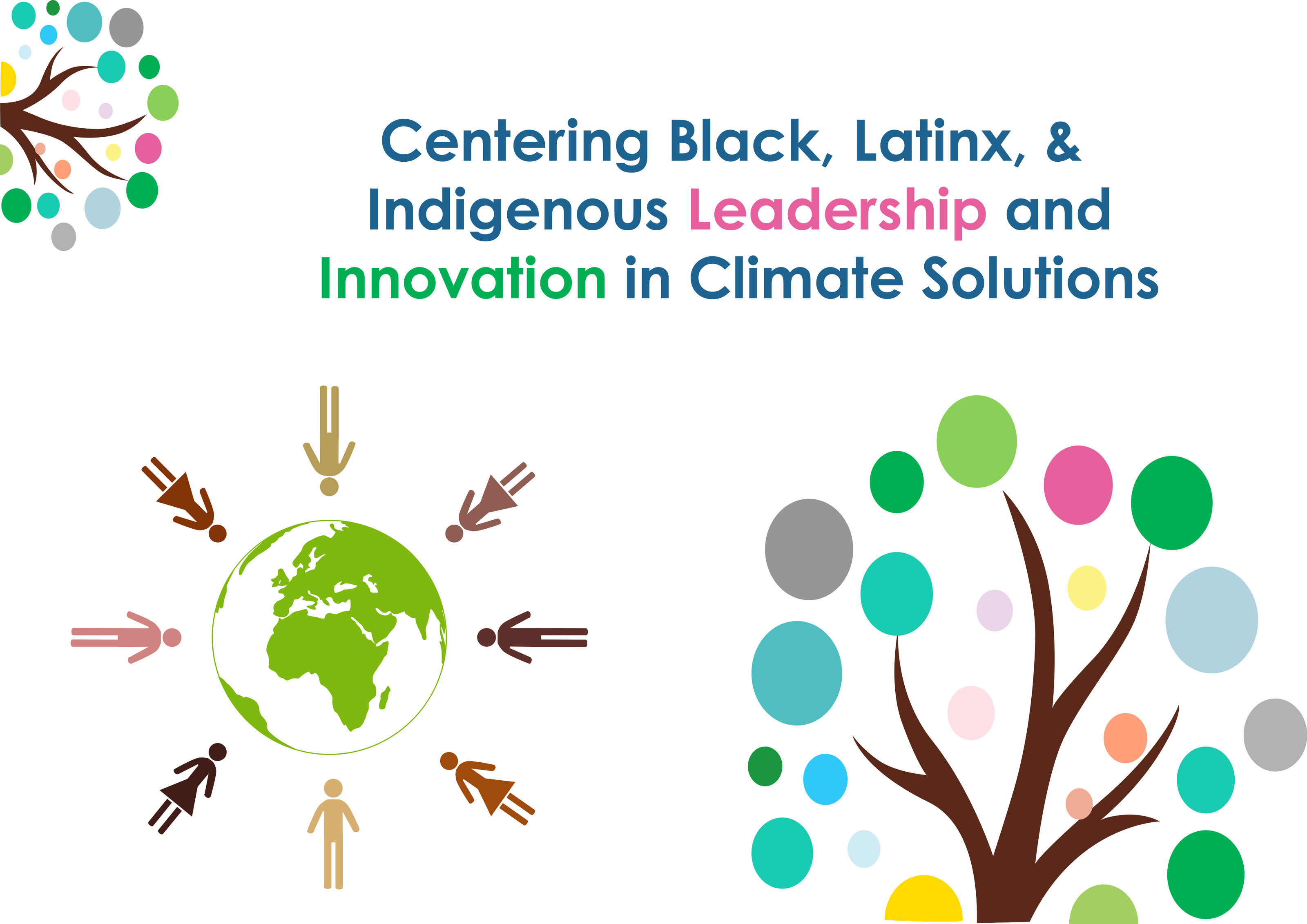Across the country Black, Indigenous, Communities of Color, and Frontline communities are leveraging their expertise, lived experiences, and community relationships to develop solutions that interrupt the status quo and shine a light on a just path forward to climate and environmental justice. As part of Just Solutions Collective effort to uplift and center BIPOC leadership and foster peer-learning for just climate solutions, I am getting the opportunity to interview and highlight community-based organizations that have implemented innovative climate projects.
Recently, I interviewed three amazing community-based organizations implementing holistic programs: New Alpha CDC a black Christian lead organization in South Carolina, Casa Pueblo a Latinx lead nonprofit in Puerto Rico, and Thunder Valley CDC an indigenous lead organization in South Dakota. Each of these amazing organizations have decades of experience organizing in their communities, understanding local environmental and cultural needs, and innovating solutions that are informed by lived experiences, local expertise, and relationships.
Unique Climate Solution Strategies from Each Program
Each of these community-based organizations have developed innovative climate solutions as a response to local community lived experiences, needs, cultures, and histories which have been marginalized by existing structures. For example, New Alpha CDC shared a black-historic community suffering from repeated flooding was offered buyouts when the community actually wanted to receive flood mitigation to maintain their community and culture, an option that was only offered to affluent white communities in the area. In response, New Alpha CDC and key partners fought to establish flood mitigation, planting trees, as well as generating local wealth and clean drinking water via solar-powered off-grid hydropanels. They also continue to seek other ways in which to address flooding and environmental justice issues.
Puerto Rico has been enduring systemic blackouts since Hurricane Maria and the failure of privatized and centralized public utilities. The federal and state government relationship with local Puerto Rican communities is extractive in nature rather than regenerative. Casa Pueblo was the first organization in Puerto Rico to develop solar-power generated electricity and has launched community-wide programs to bring energy liberation to key infrastructures such as barber shops, clinics, and medical-equipment-dependent homes. Most of their work is self-funded through their local and sustainable coffee farm.
Thunder Valley CDC has responded to the cultural, spiritual, and language identity of Lakota peoples to implement regenerative community development on 34 acres of land. Their vision is to create regional equity in an area that has been underserved and deals with tremendous poverty. The project is creating affordable and sustainable housing that integrates both energy efficiency and spiritual beliefs in the construction of the homes. The project also has a workforce development program to ensure community members gain knowledge, experience, and career opportunities.
All of these organizations have several programs and projects they have developed over the years to create the holistic equity models they are today. Each model is also unique to the communities they serve. However, they all have some key elements in common.
Common Characteristics of Holistic and Successful Programs
After speaking to each organization, it was obvious they each have deep relationships with the communities they serve and are innovating from their lived experience. They also have a strong commitment to make equity and justice the center of any progress and program. Many of these strategies implement technology and engineering that could be thought as difficult or challenging to implement, such as off-grid solar panels, hydroplanes, and sustainable certified buildings, however, each program indicated the most challenging aspect was not the science but rather mobilizing social structures internally and externally. Finally, the leadership in these organizations shared a vision to address systemic inequities endured by BIPOC frontline communities not just in their communities but also across the country. That is why they share with us, in a culture of peer-learning and peer-support, strategies and lessons to replicate and scale the solutions they have implemented.
How Can Your Community-Based Organization Learn These Strategies?
During our interviews, program managers, executive directors, and community leaders of these amazing organizations shared what it took to develop the program they now run. They share the number of staff and volunteers it takes to launch these programs, key partnerships necessary to develop each program, and important resources and skills to maintain them. Most importantly, in the spirit of peer-learning, they willingly and caringly shared their answer to this question for you: “What advice would you give to another BIPOC Frontline community looking to start a program of this magnitude? What are the 5 key steps to launching this strategy?”
The answers to these questions were heartfelt and insightful. They come from years of experience and a deep desire to see other BIPOC Frontline communities be successful in achieving justice and equity against disproportionate impacts of environmental and climate change. To learn how each of these organizations and others like them have developed and innovated these programs stay tuned as we will co-developed a how-to interactive guidebook written by and for BIPOC frontline communities.
We will also be creating accessible and actionable interactive workshops and webinars for a cohort of BIPOC frontline communities interested in participating in a regenerative network of peer-learning and support. Our goal is to increase effective and equitable climate mitigation and adaptation solutions that center BIPOC and frontline leadership. Reach out to us if you want to share your organization’s strategies or be part of the peer-learning cohorts.
